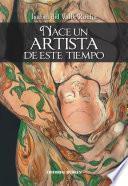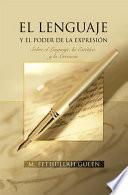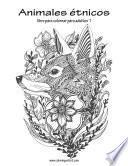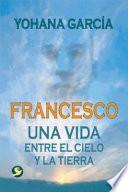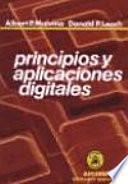Rio Arriba, New Mexico Manito Short Story Writers Ulibarri, Sagel And Arellano: The Bakhtin Carnavalesque, The Picaresque Rasquache, And The Satirical Carria As Discourses Of Resistance
Resumen del Libro

This doctoral study examines the short story production by three authors who have notably contributed to the evolution of Chicano/a literature: Sabine Reyes Ulibarri (19191-2003), Jim Sagel (1949-1998) y Juan Estevan Arellano (n. 1947). They belong to a long literary history in Rio Arriba County, New Mexico, home to several important historical events in the state. The literary works that have sprouted in Northern New Mexico, on one hand, symbolize resistance to the contradictions that Anglo-American culture has introduced under the guise of progress and, on the other, celebrate New Mexican collectivity and identity that, armed with humor as a strategy to soothe the communal spirit, has always endured in the face of threats against its well-being and historical continuity. Focusing on humor as a healing human expression, our critical method is founded on Albert Memmis anti-colonial theory as well as internal colonialism in order to assess the New Mexican social condition and is reinforced, for the purpose of discourse analysis, with critical concepts taken from the carnavalesque by Mikhail Bakhtin, the rasquache by Tomas Ybarra-Frausto, and a carria—a popular humor form. The first chapter provides a historical background on Chicano Literature, emphasizing significant historical events that have given way to a literary discourse linked to New Mexico and the contributions by Manitos across all literary genres. In the second chapter, we design and develop the critical method based on the aforesaid colonial theories and key critical concepts, among them, a contestatory rhetoric in response to United States colonization as coded in the territorial newspapers, an oppositional relationship between the colonizer and the colonized, a situation of being internally colonized, a Manito or New Mexican resistance against a hegemonic society, a bakhtinian carnavalesque and the inversion of hierarchy, a rasquache picaresque position, and a carria satirical wit. Using the above…

